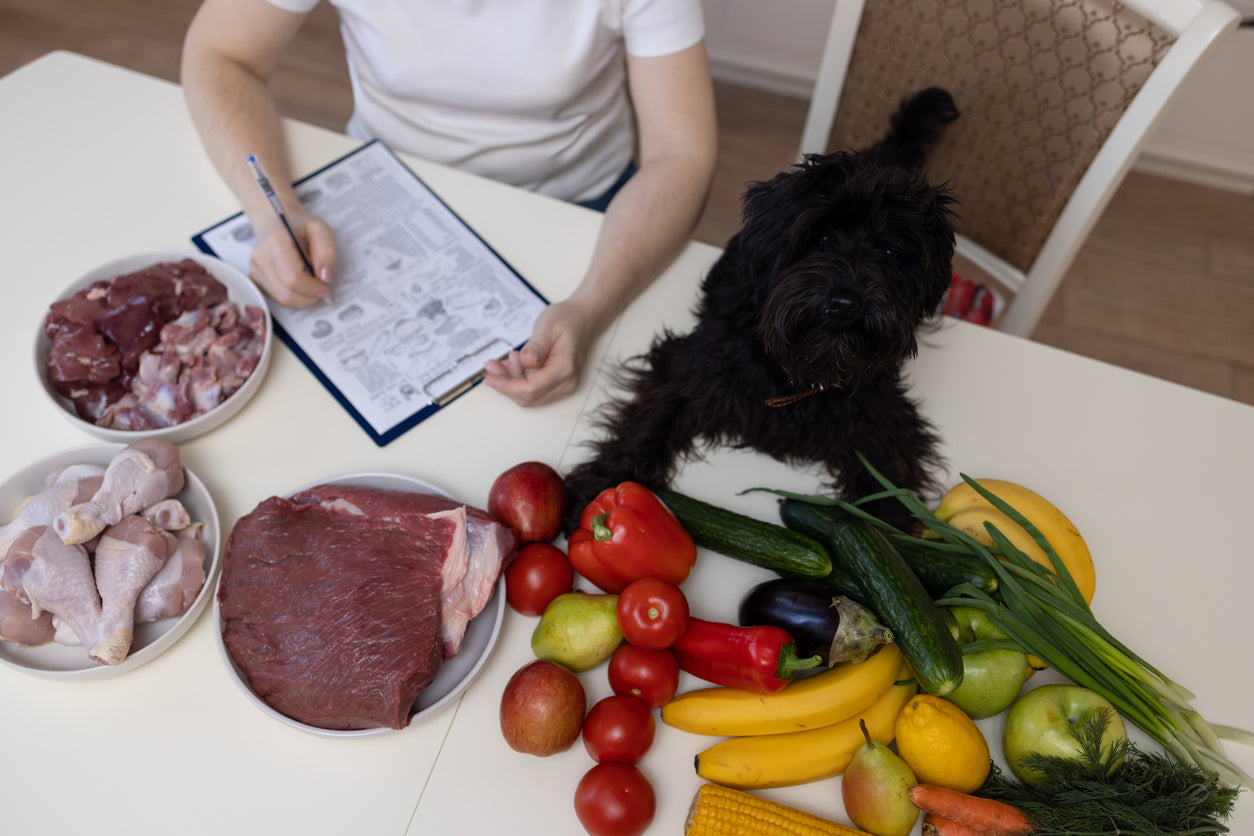Dog training is not just about teaching commands; it’s also essential to build a bond with your dog, ensure their welfare, and maintain a healthy, balanced lifestyle. Whether you are training a puppy or reinforcing proper behaviors with an older dog, wellness and fitness strengthen the training process. Moving your dog from basic obedience to a well-rounded, holistic state of health requires consistency, patience, and a focus on their overall welfare.
1) A Solid Training Foundation:
Successful dog training is built on consistency and rewards. Since some behaviors are fundamental, many dogs quickly learn through positive reinforcement (e.g., treats or praise) to follow basic commands like sit, stay, and come, making the training process easier.
Training sessions are most effective when they are short, enjoyable, and conducted in a calm tone, as this boosts your dog’s confidence. Introduce your dog to different environments, people, and animals at an early age to help them develop good behavior and reduce anxiety in new situations. And don’t forget to offer special treats, like dog food with pumpkin, as an extra reward during training.
2) Physical Health and Exercise:
Happy dogs are healthy dogs, and a key aspect of dog training revolves around their well-being. Regular exercise helps keep your dog in shape and burns off excess energy, which can otherwise lead to behavioral problems. The amount and type of exercise your dog needs will depend on their breed and age—some dogs thrive on long runs, while others are content with short walks or playtime at the park.
In addition to physical exercise, mentally stimulating activities like puzzle toys and agility training can enhance your dog’s problem-solving skills and keep their mind sharp. Exercise also helps reduce stress and improves your dog's focus during training sessions. Learn more about dog enrichment activities here!
3) Cognitive Stimulation and Environmental Enrichment:
Similar to humans, dogs need mental stimulation to keep their minds sharp and happy. Enrichment activities are a great way to prevent boredom, ease anxiety, and enhance your dog’s overall well-being—while also boosting their training progress.
Games like hide-and-seek, fetch, or tug-of-war are natural activities that dogs love to engage in. Additionally, providing your puppy with puzzle toys that reward them with treats offers a fun and effective way to stimulate their mind. Fulfilling your dog’s mental needs not only helps them stay more focused during training sessions but also naturally curbs unwanted behaviors, such as chewing or excessive barking.
4) Living Well Over Time:
Happy and healthy dogs need consistent training to thrive. Routine veterinary examinations, immunizations, and parasite control are essential for maintaining their health. As your dog ages, it’s important to continue teaching them new tricks and keeping them mentally engaged so they remain active and well-behaved in their later years.
Adjust your dog's routine as they progress through different life stages. Older dogs may benefit from gentler activities, while younger puppies often require more extensive training and exercise.
Incorporating both physical exercise and self-care into your dog's routine helps create a balanced lifestyle. By caring for their physical, mental, and emotional well-being, you’ll ensure your furry friend stays happy, healthy, and well-behaved for years to come.




